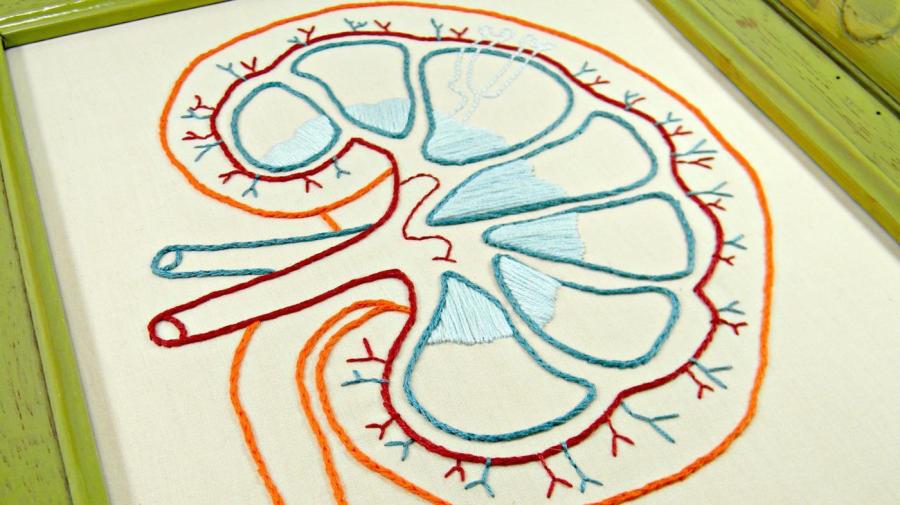What Causes Elevated Creatinine Levels in the Kidneys?

Kidney disease and impaired function cause creatinine levels to rise, explains MedicineNet. Elevated levels in men can indicate prostate cancer risk, and a study has linked elevated creatinine levels in infants with bacteria in the blood, according to Mayo Clinic. Temporary creatinine increases can result from dehydration, adds Mayo Clinic.
Creatinine levels may temporarily increase after eating a large meal, after taking certain medications, as the result of ingesting the dietary supplement creatine or in the presence of low blood volume, according to Mayo Clinic. Because muscle mass affects creatinine levels, men often have higher blood levels than women.
Individuals suffering from chronic illness or malnutrition and those who have lost large amounts of weight often have diminished muscle mass. This leads to having lower than normal creatinine levels, according to MedicineNet.
The ongoing, normal breakdown of muscles produces the waste product called creatinine, explains WebMD. The kidneys are responsible for filtering and clearing the creatinine from the blood into the urine for excretion, absorbing very little of it. A measurement called creatinine clearance is used to assess how much creatinine the kidneys can clear from the blood every minute. In a young person in good health, the kidneys filter creatinine from the blood at a rate of approximately 125 milliliters per minute. The most commonly used calculation for creatinine clearance requires a single blood draw and a formula that includes age, weight and gender, but more precise determinations can be made using a urine sample collected over a 24-hour period.





